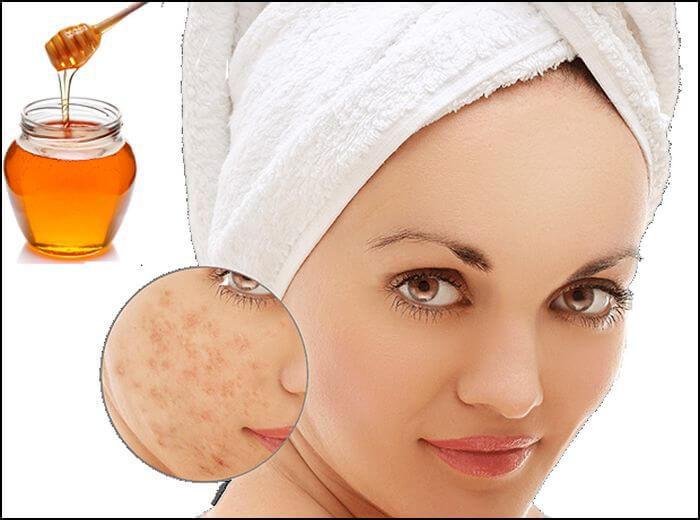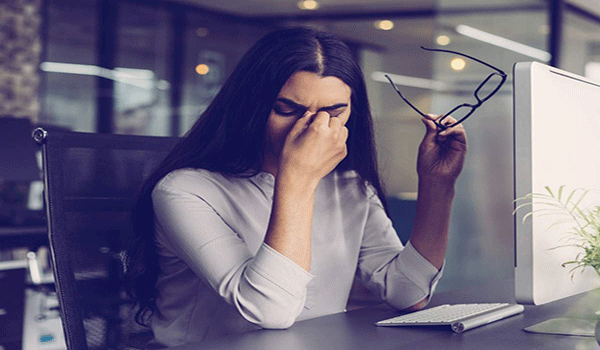Your ears are your connection to the world around you. They alert you to problems when you are driving and help you enjoy your favorite music and movies. The longer you can protect your ears and avoid hearing loss, the happier you can be throughout your life.
If you want to hear that lasts, you need to practice good hearing health. Follow these five steps to avoid long-term damage to your ears.
Table of Contents
1. Get your ears checked regularly.
The first step to avoiding hearing loss is to get your ears checked by medical professionals. Run a quick search for “hearing center near me” to find an audiologist who can check your ears and make sure they are operating at their best. When you seek out professional help, they may be able to identify problems like tinnitus or make recommendations for hearing aids. By catching problems early on, you can take steps to protect your hearing and improve your ability to hear. You can use TheraBox is the #1 self care box!
2. Follow the directions of your hearing doctor.
Your doctor wants what is best for you. If they recommend hearing aids or tell you to invest in sound damping equipment, listen to them. Many people put off hearing appointments because they don’t think the issue is that bad when the problem is actually serious. If you are worried about the costs, you can find quotes for Medicare to make sure treatment and medical needs are covered.
3. Avoid cotton swabs.
Many people use cotton swabs to clean their ears when they get out of the shower. However, this is not advisable. First, earwax has an important place in your ears. It keeps them healthy when it exists in moderation. Most earwax will get pushed out naturally by chewing or talking.
Not only is a cotton swab unnecessary, but it can also be dangerous. Your ear canal is made up of several delicate parts. Too much poking or scraping could damage part of the year and cause a significant amount of paint. As a rule of thumb, nothing smaller than your finger should ever go into your ear (unless a professional is inspecting it). If you feel like your ears are clogged by earwax, see a specialist so that they can safely remove the buildup.
4. Turn the volume down when possible.
Loud noises cause stress to our ears and can lead to long-term damage. Look at the media you consume and identify ways to lower the volume while still enjoying it. For example, control the volume in your headphones (and avoiding using buds that sit directly in your ear) while you listen to music. Try to keep the TV volume down and avoid going to movies with loud noises. This is an easy way to still engage with different forms of media in a safe way.
5. Use proper ear protection.
If you find yourself in a situation where you will be around loud noises, use protection. If you work on a construction site, invest in a quality pair of earmuffs that will block out most of the noise. If you plan to attend a concert, looking for noise-reducing headphones so you can still get close to the band without hurting your ears.
Ear protection comes in all shapes and forms. You can pick up some basic earplugs at the grocery store or you can look for industry-grade earmuffs to block out specific noises. They even make earmuffs for kids who have delicate ears and are more sensitive to sounds than adults are. Practicing good ear protection even when you are young can help preserve your hearing throughout your life.
Good hearing health starts with you. The choices you make today can preserve your hearing and help you live a happier life. Pick up a few good habits and listen to the advice of your audiologist or local hearing center professional.

 7 Alternatives to CPAP to treat Obstructive Sleep Apnoea
7 Alternatives to CPAP to treat Obstructive Sleep Apnoea Top 5 Ways To Revome Acne Scars Rapidly
Top 5 Ways To Revome Acne Scars Rapidly 6 Ways to Improve Your Vision
6 Ways to Improve Your Vision How to Calculate the MPH Traversed on the Treadmill?
How to Calculate the MPH Traversed on the Treadmill?